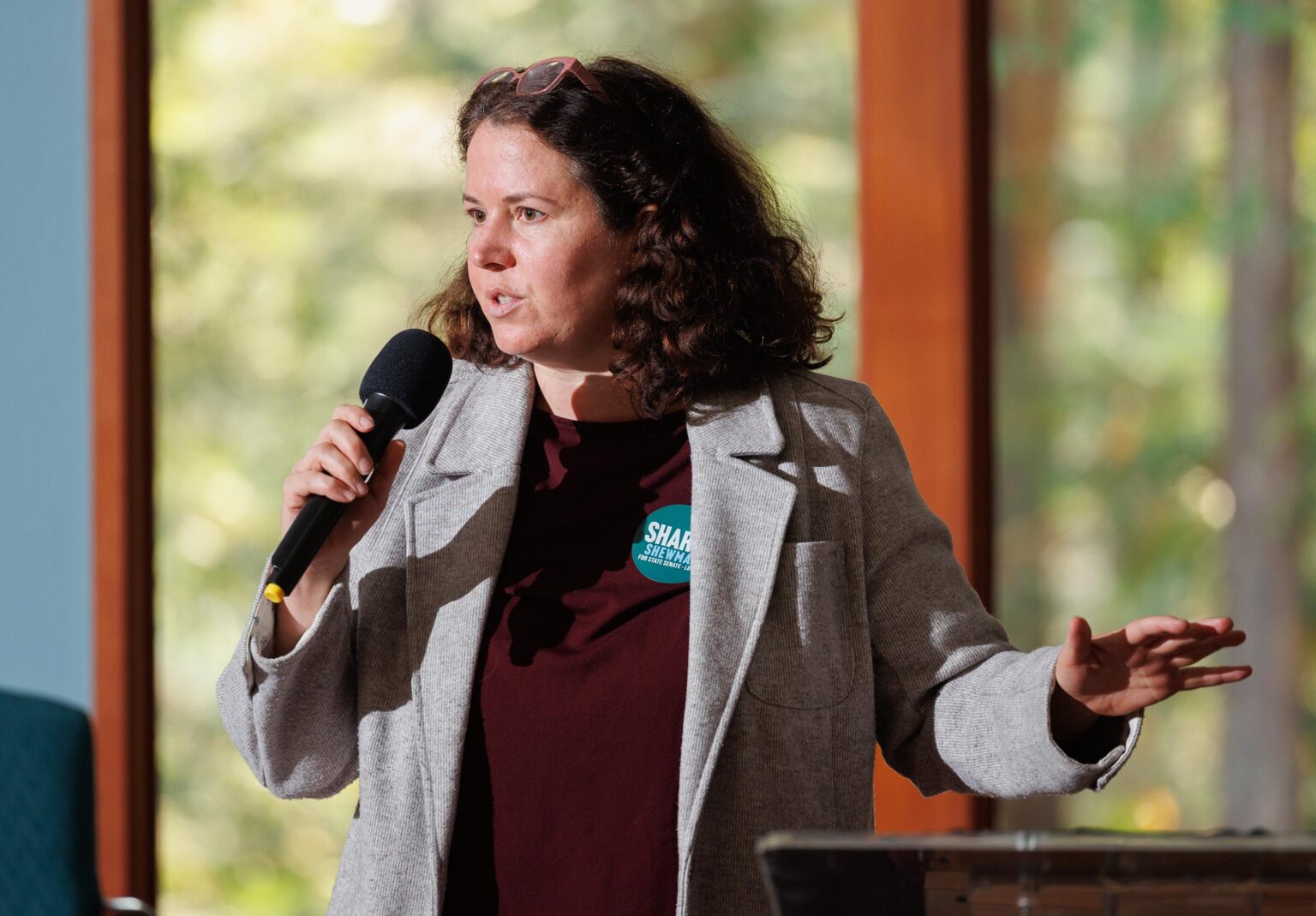Democrats will bring a slightly stronger majority to Olympia when the state’s legislative session starts on Jan. 9. That doesn’t mean Republicans will be sidelined.
Sen. Sharon Shewmake ousted Republican Simon Sefzik in north Whatcom County’s 42nd Legislative District, to increase the Democrats’ advantage over Republicans to 29–20 in the Senate.
Shewmake vacated a House seat to join the Senate.
“In some ways, it’s the same job,” Shewmake said. “I have to get the


Try us out
Enjoy 24 hours of unlimited digital access to CascadiaDaily.com for just $1!
Unlock the paywall



